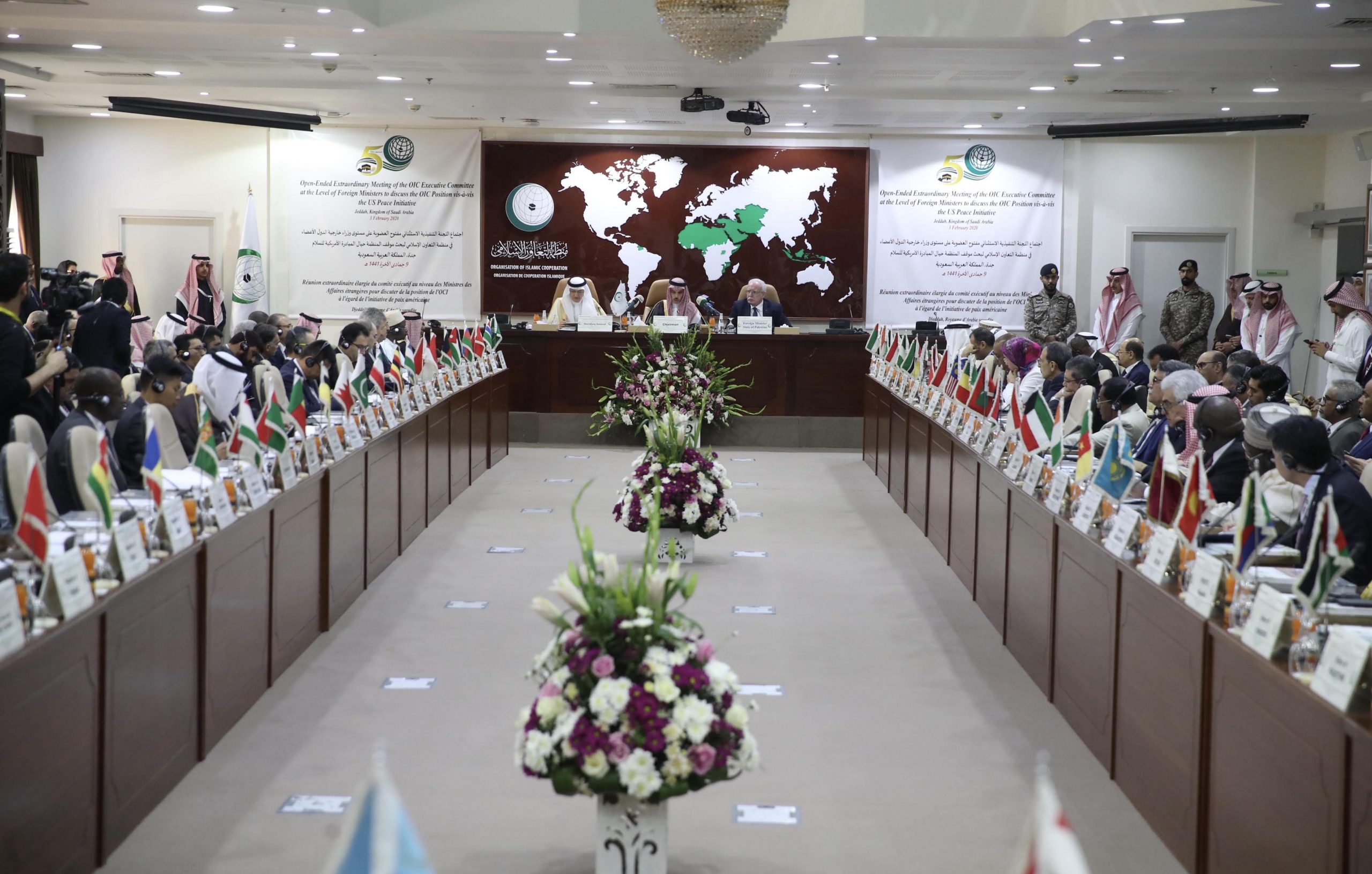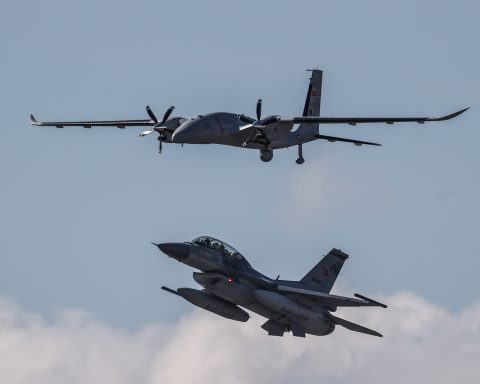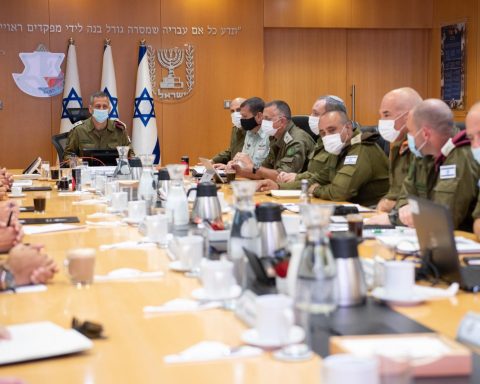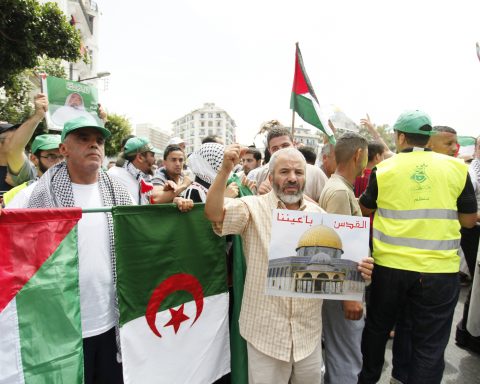In a written statement from the OIC General Secretariat, the EP was asked to “try to prioritize rational dialogue, avoid fueling the crisis between Morocco and Spain, and play a positive role in order to guarantee the interests of the parties in the crisis through bilateral negotiations and respecting the principles of the geographical neighborhood”.
In the statement, it was said that Morocco was fully supported, and the Rabat administration adhered to its constructive policy to prevent irregular migration and human smuggling.
The EP issued a decision on 10 June on the passage of more than 8 thousand irregular migrants, mostly under the age of 18, to Spain, by swimming or walking, on 17-19 May, because the Moroccan administration abandoned border control. In the EP’s decision, “Morocco’s use of minors in the immigration crisis to the Spanish-administered city of Ceuta” was rejected.
The Arab Parliament and the African Parliament had also called on the EP to “not intervene in the crisis between the two countries”.
The relations between Spain and Morocco, which have been the scene of serious tensions recently due to the Western Sahara issue, have resulted in the left coalition government in Spain secretly bringing the separatist Polisario Front Secretary-General Brahim Ghali to the country on April 22 to be treated due to the COVID-19 disease he was caught and a hospital in Logrono. It turned into a diplomatic crisis when he was hospitalized.
The political tension between the two countries deepened further with the arrival of Ghali, the leader of the Polisario Front, and the subsequent influx of irregular migrants from Morocco to Spain.
As a result of the Moroccan administration relinquishing its border control, more than 8,000 irregular migrants, mostly underage, crossed into Spain by swimming or walking from the northern (Benzu) and southern (Tarajal coast) borders of Ceuta, a Spanish city in North Africa, on May 17-19.
The influx of irregular migrants ended with Morocco resuming border control and Spain sending troops to the region, and 7,500 irregular migrants were sent back to Morocco.
Although Ghali, the leader of the Polisario Front, left Spain on 2 June with a plane sent by Algeria and went to Argel, the crisis between the two countries did not end.
The Moroccan administration, which had withdrawn its Ambassador from Madrid for consultation, made connections between Western Sahara and Catalonia problems and states that the current crisis will not end unless Spain’s position on Western Sahara is clear.














